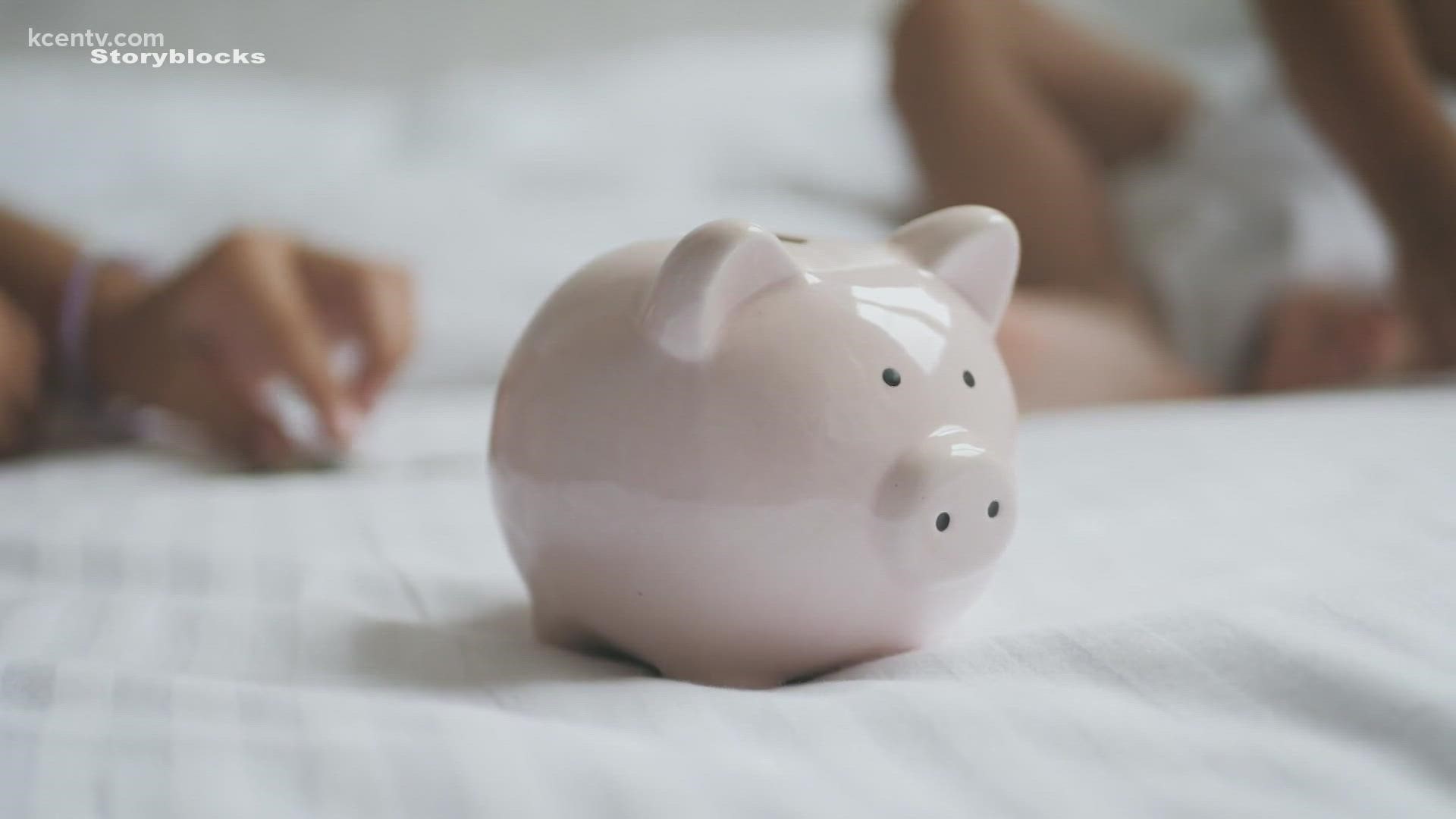TEMPLE, Texas — There were 365 million open credit card accounts in the U.S. as of the end of 2020, according to data released in May 2021 by the American Bankers Association.
The average American household's credit card balance is just over $5,300, that's according to Experian. Dave Ramsey famously said, “Your children don't need a credit card.” Certified Financial Advisor Rolandus Johnson calls them a “Double Edged Sword” and can see the pros and the cons of having a credit card.
"Credit cards are great to have for emergency uses, or for building credit, said Johnson. "Sometimes when you are young, or even when you are old you get up in age you may forget to pay or not pay or a situation may happen, what happens is it starts to tug at your credit a little bit and what happens is when you tug, you know you never want to get that reputation of not being able to pay things."
And there is a consequence for not paying on time or not paying your minimum monthly balance, and that consequence could directly affect your future.
"And so what you end up losing in the future and in the long run is purchasing power, " said Johnson. "So, like to buy homes and cars you know to get good rates and discount on those things credit cards help you build that reputation. And not paying them could be detrimental."
It's also important to build a relationship with your credit card company, as they might give you a 'mulligan' if it's just a once in a while mistake.
"But I think with a lot of the consequences and a lot of the cards that you've got now, some of them have if you miss a payment here or there will they forgive you? And that is all going to depend on the different credit card companies that you work with," said Johnson.
One thing that those carrying credit card debt from month-to-month have noticed is that those with variable rates are seeing their interest amount and bills rise as the fed has raised interest rates
“There are quite a few cards out there that have a variable rate and if interest rates go up, guess what your interest rate goes up for your card or anytime that you are looking for loan products at this time the rates are going to be a little bit higher than what we are used to over the last 4 or 5 years," said Johnson.
And what's happening recently with credit card debt?
It now totals $860 billion at the end of last year, still down from $893 billion in January of 2020 right before the pandemic shutdown. But as a country we are up $40 billion this year alone. Americans are living on credit again.
Also on KCENTV.com:

